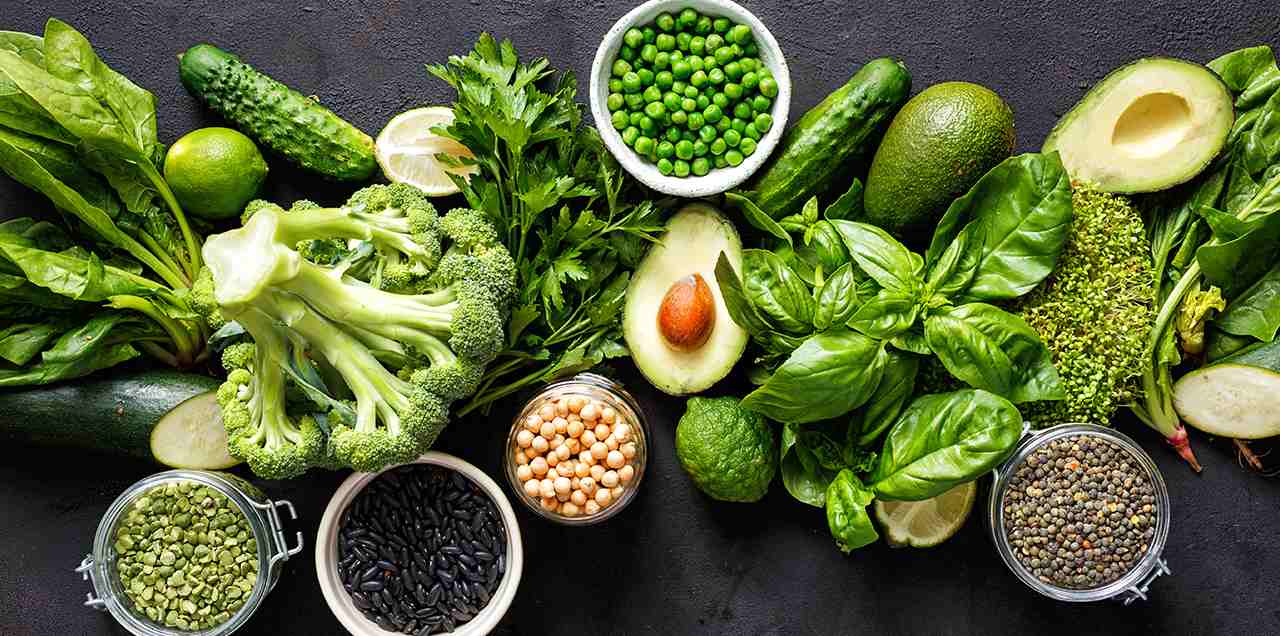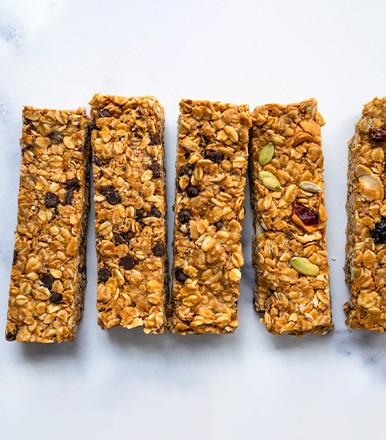Plant-based diets have become increasingly popular in recent years, as more people seek to improve their health and reduce their environmental impact. A plant-based diet is centered around foods derived from plants, such as fruits, vegetables, whole grains, nuts, and legumes, with little to no animal products. In this article, we will discuss what a plant-based diet is, the different types of plant-based diets, the benefits of a plant-based diet, and how to get started on a plant-based diet.
What is a Plant-Based Diet?
A plant-based diet is a dietary pattern that is based on plant-derived foods, such as fruits, vegetables, whole grains, nuts, and legumes. The focus is on whole, minimally processed foods and limits or eliminates animal products, such as meat, dairy, and eggs. A plant-based diet is not the same as a vegan or vegetarian diet, which strictly eliminates all animal products.

Types of Plant-Based Diets
There are several types of plant-based diets, including
1. Vegan
This type of diet eliminates all animal products, including meat, dairy, and eggs.
2. Vegetarian
This diet eliminates meat but may include dairy and eggs.
3. Flexitarian
This type of diet is primarily plant-based but may include small amounts of animal products on occasion.
4. Pescatarian
This diet includes fish but eliminates meat.
5. Mediterranean
This diet is centered around plant-based foods, such as fruits, vegetables, and whole grains, but also includes small amounts of fish, poultry, and dairy.

Benefits of a Plant-Based Diet
There are numerous benefits to following a plant-based diet, including
1. Improved heart health
Plant-based diets have been shown to reduce the risk of heart disease and lower cholesterol levels.
2. Lower risk of chronic diseases
A plant-based diet can reduce the risk of chronic diseases, such as diabetes, obesity, and certain types of cancer.
3. Better weight management
Plant-based diets tend to be lower in calories and higher in fiber, which can lead to better weight management.
4. Environmental sustainability
Plant-based diets have a lower carbon footprint and are more environmentally sustainable than diets that include animal products.

How to Start a Plant-Based Diet
If you are interested in starting a plant-based diet, there are several steps you can take:
1. Gradually increase plant-based foods
Start by adding more plant-based foods to your meals, such as fruits, vegetables, and whole grains.
2. Experiment with new recipes
Try new recipes that are centered around plant-based foods.
3. Find plant-based substitutes
Look for plant-based substitutes for meat and dairy products, such as tofu, tempeh, and plant-based milk.
4. Be mindful of nutrients
Make sure you are getting enough protein, iron, calcium, and vitamin B12, which can be found in plant-based foods or supplements.
Conclusion
Plant-based diet is a dietary pattern that is centered around plant-derived foods and limits or eliminates animal products. There are several types of plant-based diets, each with its own level of restriction. Following a plant-based diet has numerous health benefits, including improved heart health and lower risk of chronic diseases. To start a plant-based diet, gradually increase plant-based foods, experiment with new recipes, find plant-based substitutes, and be mindful of nutrient intake.
Check out Hello Fitness Magazine. There is never a wrong time to go on a fitness quest. Contact us and allow us to assist you in leading a better lifestyle. Follow us on Instagram. We share the best Health & Fitness related Articles for information based on healthy eating, health and fitness recommendations, health problems and their solutions, human body fitness, and much more.














